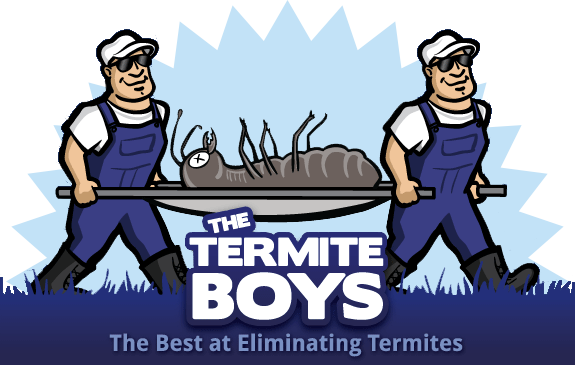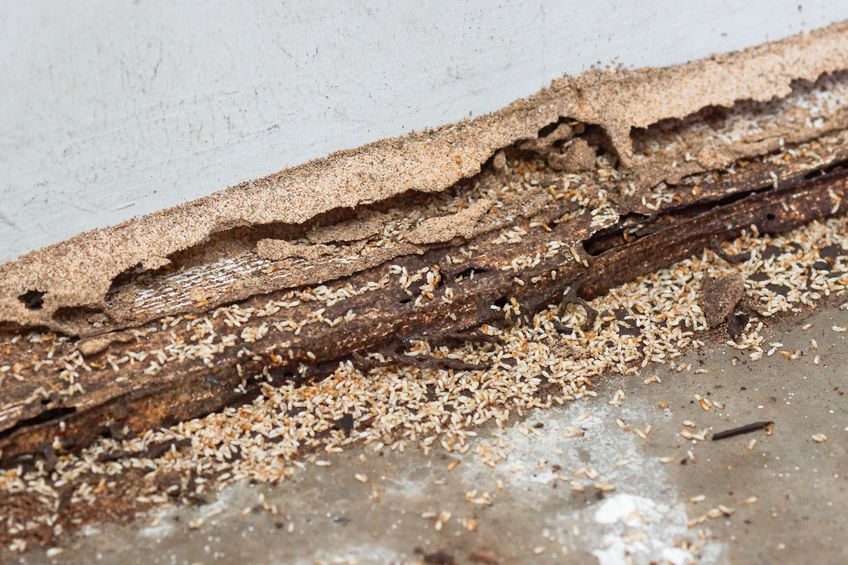How Fast Does A Termite Infestation Grow?
Pretty much everyone is familiar with just how bad termites can be. They will eat through any wood that they have access to in a building, including the support beams, ceilings, walls, floors, and furniture. However, most homeowners will not pay much heed to this threat until it is too late. Termite infestations start out small and they can take months or even years before they are detectable by the homeowner. At that point, a lot of the damage has already been done, and depending on the size of the infestation, the homeowner will have to pay a hefty bill for both the extermination of the colony and on repairs for the home.
How fast can termites destroy wood?
A termite infestation usually starts small, unless there is an already formed colony outside your home. Depending on the termite species, the insects will find their way into the home either by sending in swarmers, or by digging underground until they reach some wooden structure. Once they are connected to your home, they will start gnawing away at the wood 24/7. From there, the infestation keeps growing and the damage spreads faster and faster as the colony swells in numbers, reaching up to 2 million members.
What are the factors that affect the growth of a colony?
The speed of growth for the colony will depend on how suitable your home is for the termites. If they can have easy access to plenty of wood they will settle in pretty fast. Termites also prefer warm conditions, so existing colonies will actively be drawn to homes during the winter, while during the summer, they will become much more active. If there are water sources such as leaky pipes, or moisture issues in the home, termites will thrive better. However, these conditions do not necessarily have to be present for termites to do a lot of damage. All they need is wood basically, and the colony will slowly but surely, at first, do a lot of damage.
What is the solution to this issue?
Termites can be found all over the US, and particularly in warmer climates, so you can never be too sure that your home is in the early stages of an infestation without a professional inspection. This is why it’s important to work with a pest control specialist on a regular basis and make sure that you catch an infestation early on when the costs will be much lower. If you would like to talk to a pest control specialist, contact us today.

